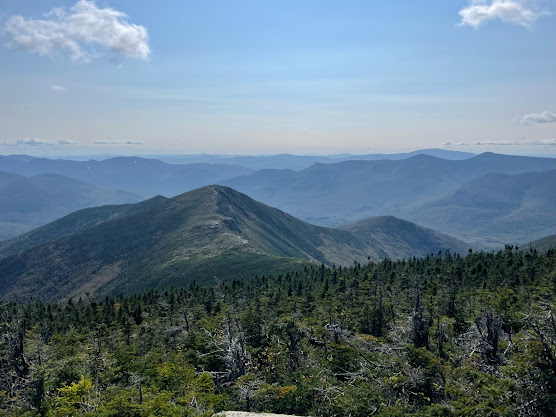Alright. I thought this book was ok. Pretty decent. Not bad. I’d give it a 3.5/5. I had tried to read this a couple of years back but fell off about 150 pages in but this time I was fresh off a Rome high from reading Marcus Aurelius and Seneca so I was feeling energized to learn about the life of these ancient brothers. Really, besides the boring wisdom and humanity of Meditations, I was totally entranced by Marcus’s passing reference to “revolving ceilings” and fish farms and I wanted to see what other crazy technology the Romans had and get some context for the lifestyles of “ancient” peoples who were starting to feel eerily similar to myself. That being said, I’ve never read any other Roman history, nor did I really know anything other than Julius Caesar being stabbed and something about some babies sucking a wolf tit. So I set off with my expectations low but my hopes high.
I have to admit, it wasn’t the easiest read. All of the unfamiliar Roman names and places could be overwhelming and I basically had to read with a pen in hand in order to not float away halfway through a chapter. I think I was dreaming of more “characterization” of the inner and outer lives of Roman people and was periodically underwhelmed by the lack of humanity and color to come out. This probably means that I should go back and read the works of the Romans themselves, like Caesar or Cicero, and not a semi-technical popular history book trying to compile a thousand years of information together. What this book did, and did pretty well, was provide an overview of the development of Rome from it’s origin in 753 BCE, through the first “regal” period, to the early Republic and the periods of military conquest and growth that established Rome as THE Mediterranean power, to the late Republic and the internal power struggles leading up to the rise of Caesar and fall of the Republic, and finally touching on the empire under the rule of formal Emperors, before closing at 212 CE with the Emperor Caracalla giving citizenship to all free men of the empire. There are clearly a lot of details to cover here and, throughout the book, Beard did a respectable job providing an overview of the life of Roman civilization, focusing on the changes in Rome’s politics and social organization both inside and outside of the city itself, while also paying due diligence to both the famous and less famous players driving these changes. Much to her credit, she came off as pretty level headed and seemed to respect different historical interpretations, accepted knowledge limitations when they were there, and wasn’t pushing an obvious agenda. That being said, this wasn’t the most fun read and I think I’d have preferred an overview book to spend less time weighing and balancing interpretations. Being upset by a lack of pleasure in a history book…interesting. At the end of the day, I did get verification of the rotating ceilings so I guess dreams do come true after all.




No comments:
Post a Comment